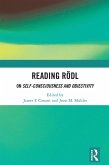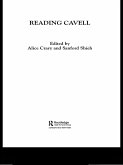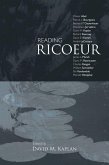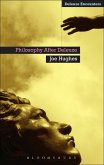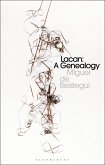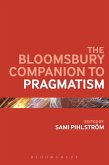Over the past 40 years, Jacques Rancière's work has defined itself through a remarkable set of philosophical differences in relation to other key figures working in the fields of politics, philosophy and aesthetics. There have been significant philosophical, theoretical and aesthetic disagreements with influential figures in contemporary thought, including Althusser, Bourdieu, Derrida, Agamben, Deleuze, Foucault, Habermas and Badiou. Through these differences Rancière has emerged as one of the world's leading contemporary theorists.
Whilst Rancière has long been a well-known force in francophone contexts, the translation of his works into English has generated a lot of excitement and catapulted him to the forefront of attention in several putatively distinct but interconnected fields: philosophy, politics, critical theory, aesthetics and film. Reading Rancière intervenes in this ongoing discourse by assembling an eminent collection of critical assessments of the significance of Rancière's diverse impact and growing influence. This book offers a sustained, critically balanced response to the work of this major contemporary theorist, as well as a new interview and a key text published here for the first time.
Whilst Rancière has long been a well-known force in francophone contexts, the translation of his works into English has generated a lot of excitement and catapulted him to the forefront of attention in several putatively distinct but interconnected fields: philosophy, politics, critical theory, aesthetics and film. Reading Rancière intervenes in this ongoing discourse by assembling an eminent collection of critical assessments of the significance of Rancière's diverse impact and growing influence. This book offers a sustained, critically balanced response to the work of this major contemporary theorist, as well as a new interview and a key text published here for the first time.




